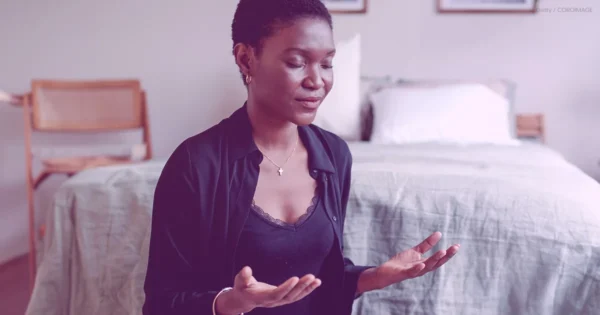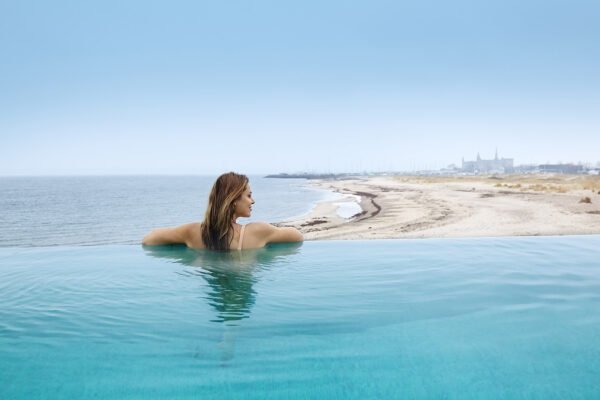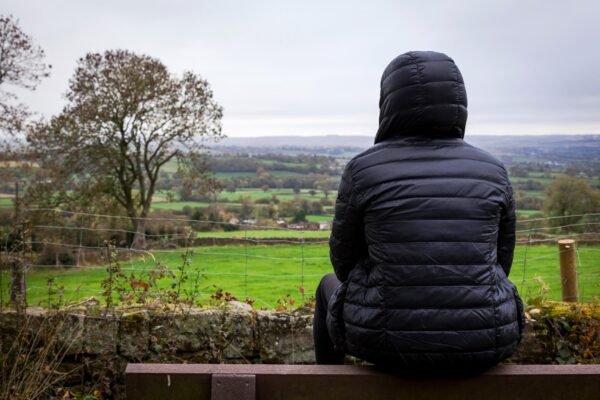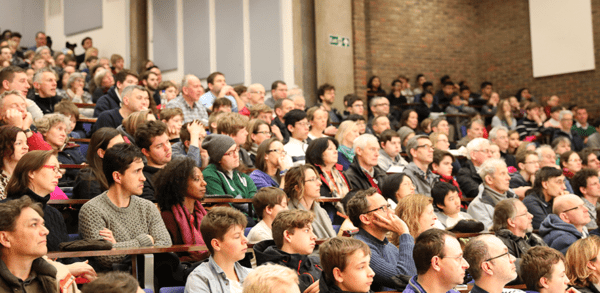
Cambridge Science Festival Celebrates the Pioneering Women in Science
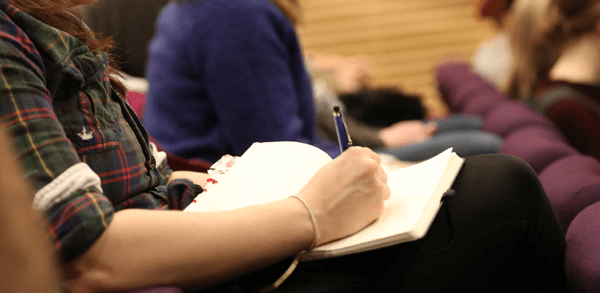
Who are the pioneering women, past and present, making a significant contribution to science? To mark International Women’s Day (8th March), Cambridge Science Festival celebrates the many women who have changed and continue to improve our understanding of the world we live in.
Run by the University of Cambridge, the Festival launches on Monday 9th March with over 390 events, most of which are free and aim to inspire and involve the public in scientific research.

Women have always played a hugely important role in the advancement of science, yet often their contribution has been hidden from history. With a recent report highlighting that the national GCSE curriculum is dominated by male scientists, several events at the Cambridge Science Festival aim to readdress the imbalance by showcasing the many, and often unrecognised, female scientists. The Festival also explores how attitudes towards women are affected by advertising gender bias and what needs to be done to achieve true gender equality.
During the first week of the Festival, leading physicist and Master of Churchill College, Professor Dame Athene Donald discusses why we still have a significant gender pay gap and only 20% female professors in 50 years is not long enough: with Professor Dame Athene Donald (10 March). She asks what we can do to speed up progress and suggests that we need to look both backwards and forwards. Professor Donald addresses these issues and discusses them in conversation with the Vice-Chancellor of the University of Cambridge, Professor Stephen J Toope.
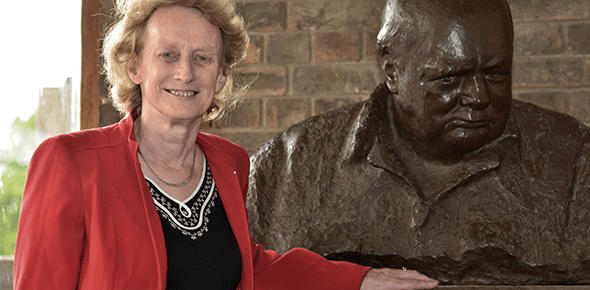
“Fifty years ago, women in physics in the University were a rare breed”, Professor Donald said. “They still are, although slightly less so. Matriculating in 1971, there were eight of us in physics in my final year cohort of perhaps 80. Numbers of women in the University have increased substantially since then, but in some subjects far more than others. In physics, not least because of issues starting much earlier in life and in our schools, numbers remain stubbornly low at around 20%. Better than in my graduating class but nevertheless dismal. Across the University, we are still celebrating ‘firsts’ – such as the first female Master of one of the formerly male Colleges or the first female Marshall. Only about 20% of the professoriate are currently women. Despite having had a female Vice-Chancellor long before Oxford, no one could pretend we haven’t a long way to go.
“In the past 50 years, there have been massive changes, not least the shift from all single-sex-Colleges to almost uniform co-education. Women can be found in every subject, but not equally at every level. The gender pay gap in the University substantially reflects the large proportion of women in the lowest grades and, conversely, the high proportion of men at the top. It is no trivial matter to change the numbers but that is the task for the University looking forward.
“Numbers aren’t everything of course. Ensuring that policies that work to support everyone are fully implemented is fundamental too. As we celebrate International Women’s Day, it is worth looking back over the 150 years since women first started studying in this University and reflecting on where we’ve got to and how far we still have to go.”
Research also shows that women are leaving science due to a perceived lack of opportunities for career progression, coupled with a limited vision of what career paths might be available outside of traditional laboratory-based roles. Sharing stories of achievement from successful women at different stages of their career can provide a compelling reason for women to stay within the scientific profession. It supports a much-needed pipeline, celebrating and learning from the experience of the past, building on the opportunities of the present and fulfilling the promise of the future.
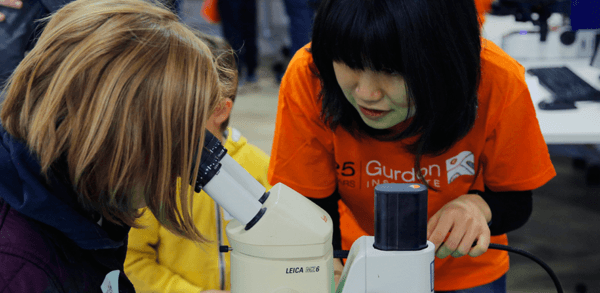
Two interactive mentoring events, Women rising in stem: past, present and future (10 March) and Women rising in stem: biotech and beyond (18 March), spotlight six inspirational women in science, including one who has been awarded an OBE. They tell stories about their science journey, including overcoming obstacles along the way, and how they have – and are – contributing to the body of scientific knowledge while enjoying rich and rewarding careers.
A further event also explores women’s experience in STEM fields. Professor Jane Clarke, FRS, distinguished biophysical chemist and President of Wolfson College, chairs a panel discussion, Ambition without limits: women in stem (18 March), with four women from both the academic world and industry at various stages of their careers. They share what barriers they faced in their careers, how they successfully overcame them, and how they pave the way for subsequent generations of women.
Another industry where women have traditionally been underrepresented is construction. Historically, the industry has been dominated by men, yet increasingly there are examples of women in the profession, and it is time to celebrate those from the past and those in the present that have helped shape the world around us.

The event, I built that! A celebration of women in construction and real estate (18 March), begins with a brief history of women who have helped to design and build the Cambridge that we see today. Following which, five women, including architect February Phillips, 5th Studio; developer Emma Fletcher, Smithson Hill; engineer Sakthy Selvakumaran, University of Cambridge; planner Heather Topel, Northwest Cambridge Development; and plumber Olivia Hodges, Cambridge Regional College each give a short talk about their favourite construction or real estate project – celebrating that ‘I built that!’. An interactive question and answer session follows using an online platform to encourage contribution from all of those in the audience.
Gender-based advertising also comes under scrutiny. In Because we are worth it! On a new vision of gender roles in advertising (21 March), psychologist Dr Magdalena Zawisza-Riley, Anglia Ruskin University, whose work has contributed to the new advertising regulations in the UK, explores the consequences of advertising content discussed in her new book Advertising, Gender and Society. She asks: How have men and women been portrayed in advertising and does it matter? What can we do to change the current trends?
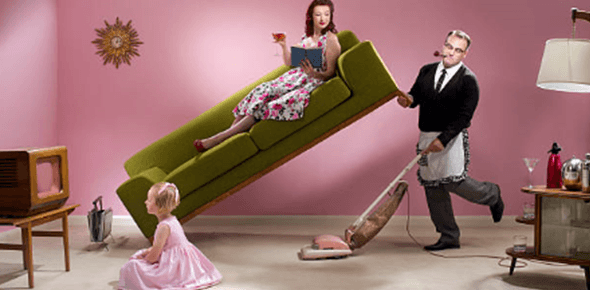
To view the full programme, which is packed with more than 390 events covering everything from Astronomy to Zoology, and to book tickets, visit Cambridge Science Festival!






















